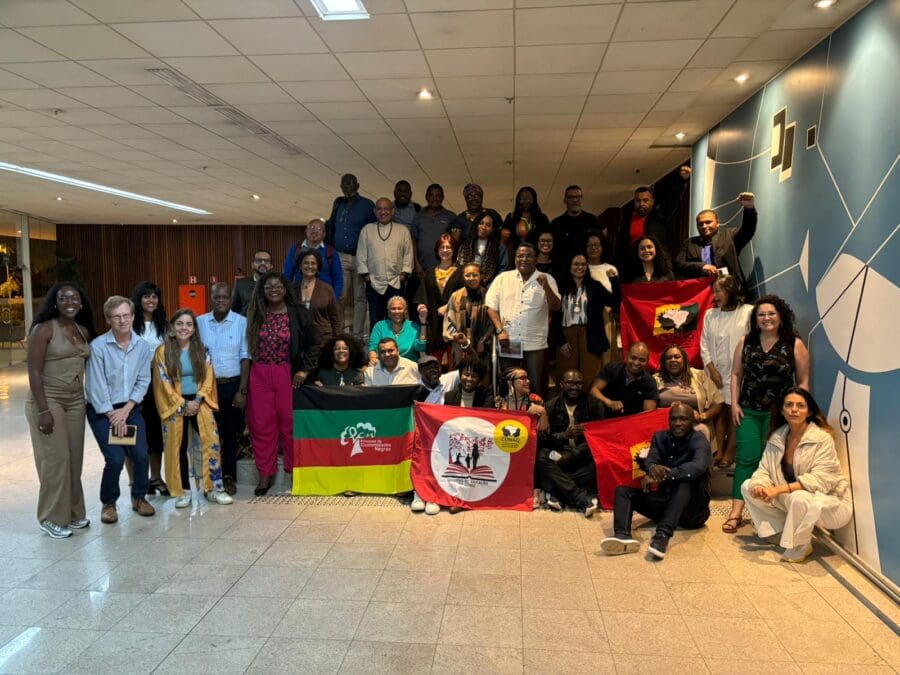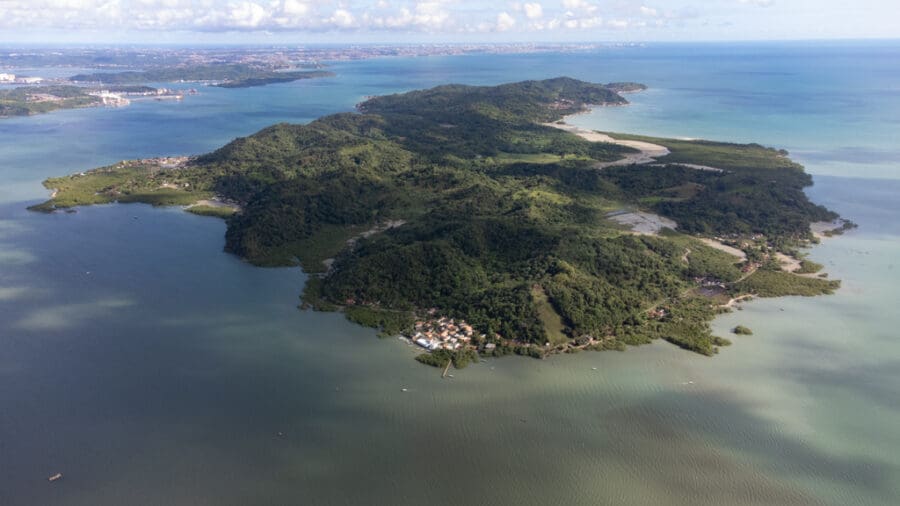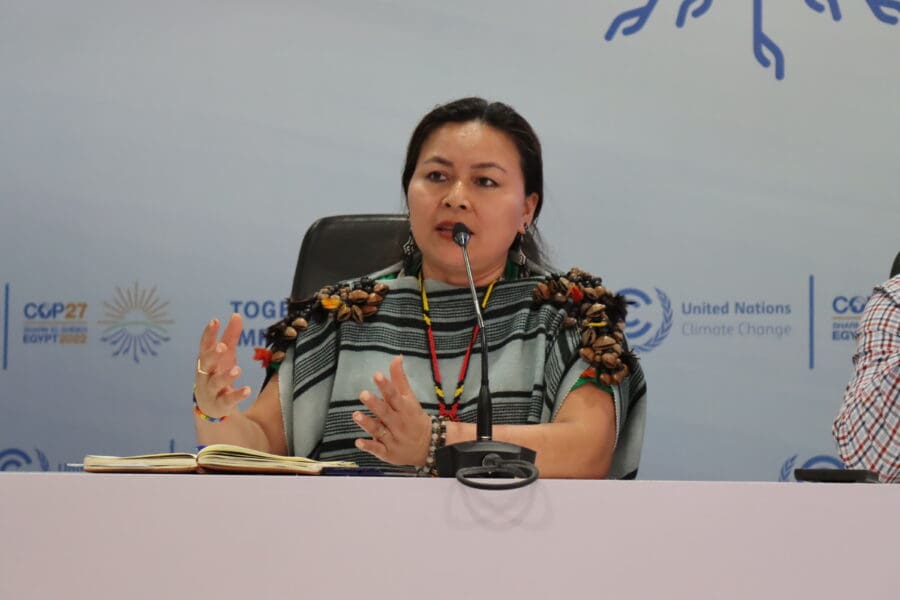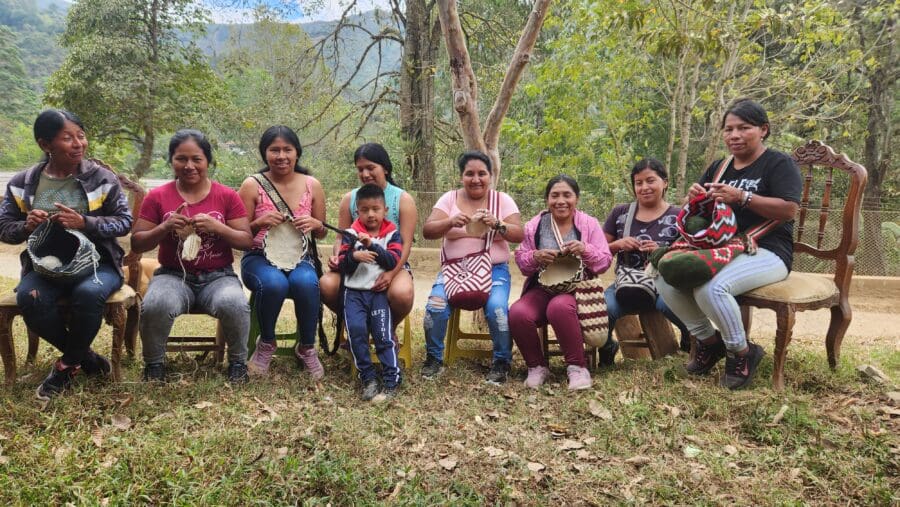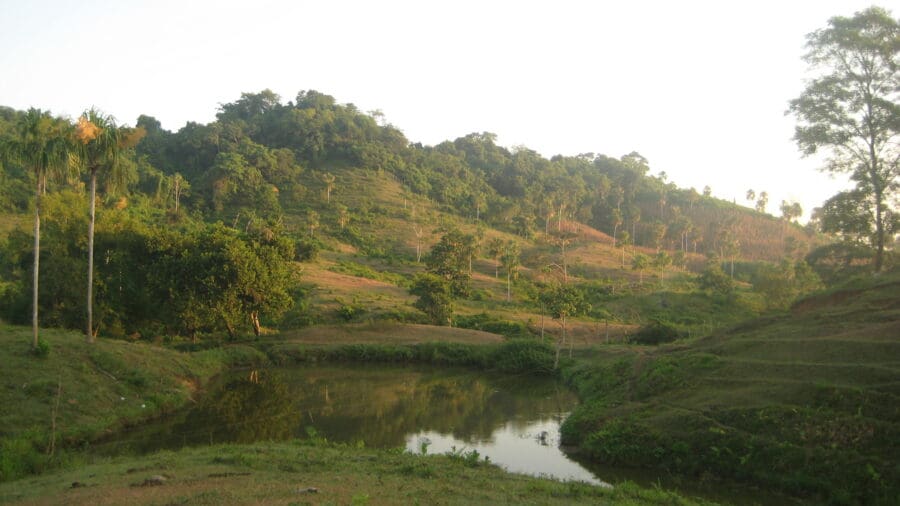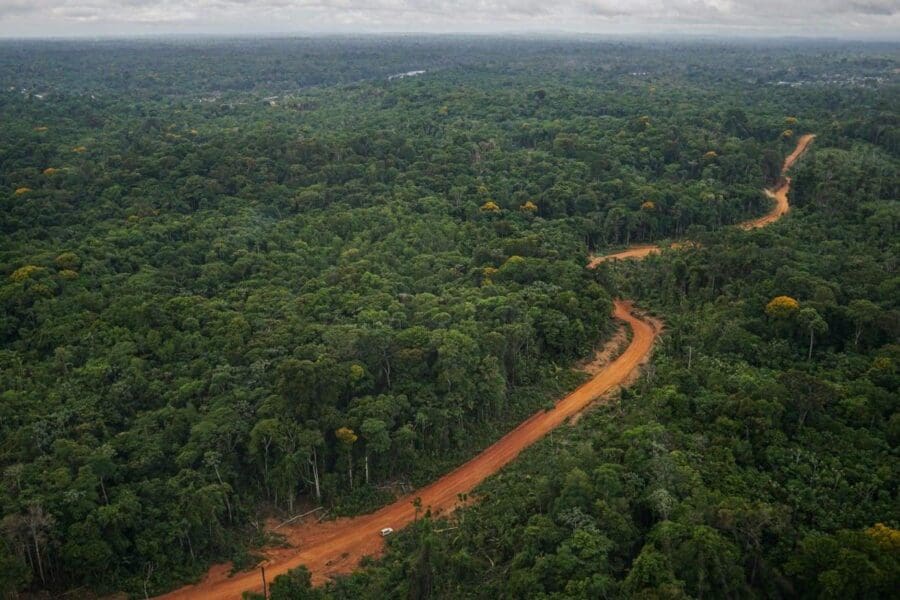On May 29, 2025, the Rights and Resources Initiative (RRI) accompanied the Installation Ceremony of the International Commission of Traditional Communities, Afro-descendants and Family Farmers, held at the Paulo Nogueira Batista Auditorium, annex of the Ministry of Foreign Affairs, in Brasilia, Brazil.
This event represented an important milestone in the lead-up to COP30, and brought together various authorities from Brazil and Colombia, consolidating the regional commitment to the role of traditional peoples in the international climate agenda. Among the authorities present were the Minister of Racial Equality, Anielle Franco; the Minister of Environment and Climate Change, Marina Silva; the Executive Secretary of the Ministry of Agrarian Development and Family Agriculture, Fernanda Machiaveli; the President of COP30, André Correa do Lago; representative of the Colombian Ministry of Environment, Gisela Pérez; and Director for Black, Afro-Colombian, Raizal and Palenquero Communities of the Colombian Ministry of Equality and Equity, Álvaro Arroyo García.
During the event’s opening, RRI was publicly recognized and thanked for its collaboration in forming the Commission, reaffirming its strategic role in strengthening territorial governance, defending collective rights, and promoting community-centered climate justice. RRI’s presence ratifies its alliance with Afro-descendant movements in Latin America and the Caribbean, as well as its technical and political contribution to advocacy processes in multilateral spaces.
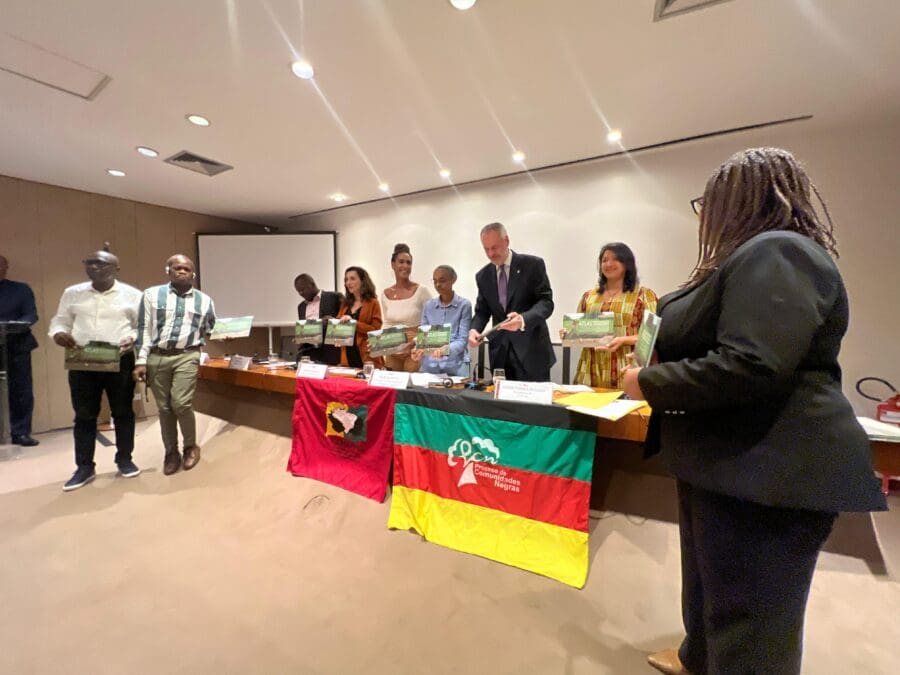
Representatives of the International Coalition of Organizations for the Defense, Conservation and Protection of the Territories of Afro-descendant Peoples of Latin America and the Caribbean (CITAFRO) read a strong statement entitled Afro-descendant Peoples of the Americas and the Caribbean and COP30 on Climate Change, in which they demanded full recognition of Afro-descendant Peoples as political subjects of rights under the United Nations Framework Convention on Climate Change (UNFCCC). The declaration addressed issues such as direct climate finance, territorial security, historical reparations, climate justice, and the effective participation of Afro-descendant Peoples in key bodies and instruments such as the Loss and Damage Fund, the Baku Work Plan, and the carbon market.
In response, Minister Marina Silva emphasized Brazil’s commitment to addressing the demand for overdue participation, noting a significant effort to address issues of inclusion and representativeness. Additionally, Gisela Perez highlighted the historical collaboration between Colombia and Brazil, expressing enthusiasm in strengthening this partnership for future joint projects and initiatives.
At the close of the event, CITAFRO formally handed over to the authorities present the Afro-descendant Atlas: Ancestral Territories and Afro-descendant Peoples’ Collective Lands in Latin America and the Caribbean, a publication prepared by RRI in collaboration with the Black Communities Process (PCN), the National Coordination of Articulation of Rural Black Quilombola Communities (CONAQ), and the Observatory of Ethnic and Peasant Territories (OTEC) of the Javeriana University. The Atlas documents the territorial presence of Afro-descendant Peoples in 15 countries, the state of recognition of their collective rights, their key role in climate mitigation and adaptation, and the multiple risks faced by these territories in the face of the environmental crisis and the lack of legal security.

